(NLDO) - On the afternoon of November 29, continuing the 8th Session, with the majority of delegates participating in the vote in favor, the National Assembly passed the Law on Public Investment (amended).
The Law on Public Investment (amended) stipulates state management of public investment; management and use of public investment capital; rights, obligations and responsibilities of agencies, units, organizations and individuals related to public investment activities.
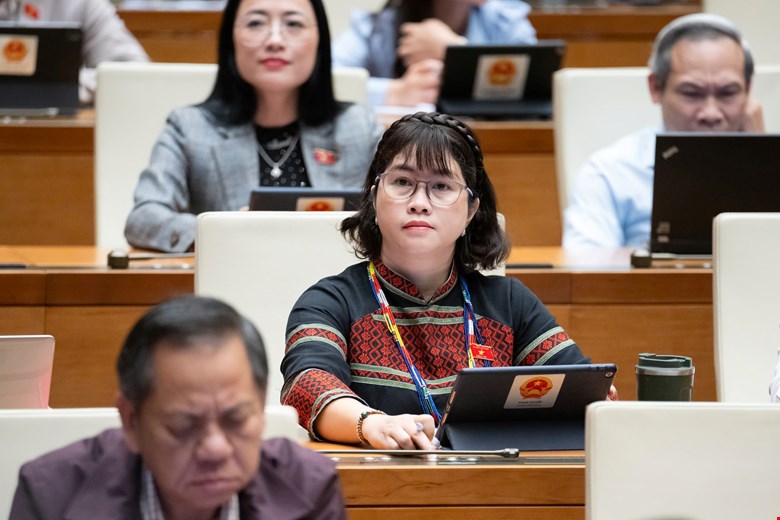
National Assembly deputies vote to pass the law at the 8th session of the 15th National Assembly. Photo: Ho Long
The law has provisions to classify public investment projects. In particular, when approving investment policies for important national projects, group A, group B, and group C projects, competent authorities have the right to decide whether or not to separate the content of compensation, support, resettlement, and site clearance into independent component projects.
The Law also stipulates criteria for classifying important national projects, group A projects, group B projects, and group C projects. In particular, important national projects are independent investment projects or closely linked clusters of works that meet one of the following criteria: Using public investment capital from VND 30,000 billion or more (previously regulated as VND 10,000 billion); Having a major impact on the environment or potentially having a serious impact on the environment; Using land requiring the conversion of land use purposes for rice cultivation from two crops or more with a scale of 500 hectares or more; Relocating and resettling 20,000 or more people in mountainous areas, 50,000 or more people in other areas; Projects requiring the application of special mechanisms and policies that need to be decided by the National Assembly.
The Law on Public Investment (amended) also assigns the Prime Minister to decide on adjusting the medium-term public investment plan of central budget capital in the following cases: Adjusting the medium-term public investment plan of central budget capital between ministries, central agencies and localities in case it does not exceed the total medium-term capital decided by the National Assembly, ensuring effective use of capital and reporting to the National Assembly at the nearest session...
Regarding the pilot and specific mechanisms and policies that have been allowed to be applied by the National Assembly, they are also stipulated in the law, such as: Separating compensation and resettlement work into independent projects; Assigning 1 provincial People's Committee as the competent authority to implement projects passing through 2 or more provincial administrative units. The law also allows the provincial People's Council to allocate local budget capital to entrust the implementation of credit policies through the Social Policy Bank...
The newly passed law also promotes decentralization and delegation of authority in public investment activities. Accordingly, the People's Committees at all levels are authorized to decide on investment policies for groups B and C managed by localities, instead of the authority of the People's Councils as before. To ensure consistency, the law has added the authority to decide on project investment policies along with the responsibility to report to the People's Councils at the same level at the nearest session.
During the law-making process, many opinions said that the above decentralization of authority is a major change, requiring careful research and impact assessment, and even proposed to keep it as currently applied. On the contrary, some opinions agreed with the proposal to decentralize to People's Committees at all levels because they believed that this regulation would reduce many administrative procedures, narrow down the number of decision-making and responsibility points.
Explaining and clarifying the above concerns, the National Assembly Standing Committee (NASC) acknowledged that decentralizing the decision on investment policies for groups B and C managed by localities to People's Committees at all levels is a major change.
However, according to the Standing Committee of the National Assembly, the assignment of the People's Committee to decide on the project investment policy has been stipulated in the current Law on Public Investment. In fact, from 2021 to 2025, 43 provincial People's Councils have delegated the decision on the investment policy of Group B and Group C projects to the People's Committees at the same level.
In addition, the contents of investment approval and project implementation remain the same as current regulations. The Chairman of the People's Committee at all levels still decides on project investment and the People's Committee at all levels is still the governing body, responsible for organizing project implementation. The People's Council at all levels supervises the implementation process.
Source: https://nld.com.vn/quoc-hoi-chot-nang-von-du-an-quan-trong-quoc-gia-tu-10000-len-30000-ti-dong-196241129160132777.htm



![[Photo] Prime Minister Pham Minh Chinh and Japanese Prime Minister Ishiba Shigeru attend the Vietnam - Japan Forum](https://vstatic.vietnam.vn/vietnam/resource/IMAGE/2025/4/29/fc09c3784d244fb5a4820845db94d4cf)


![[Photo] Prime Minister Pham Minh Chinh receives Cambodian Minister of Commerce](https://vstatic.vietnam.vn/vietnam/resource/IMAGE/2025/4/28/be7f31fb29aa453d906df179a51c14f7)



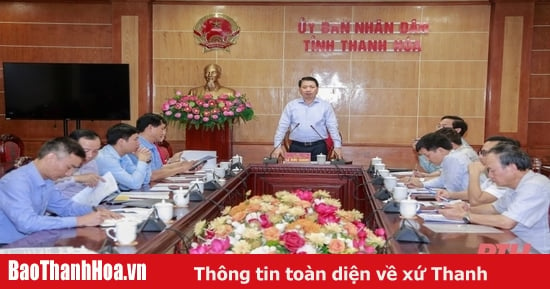
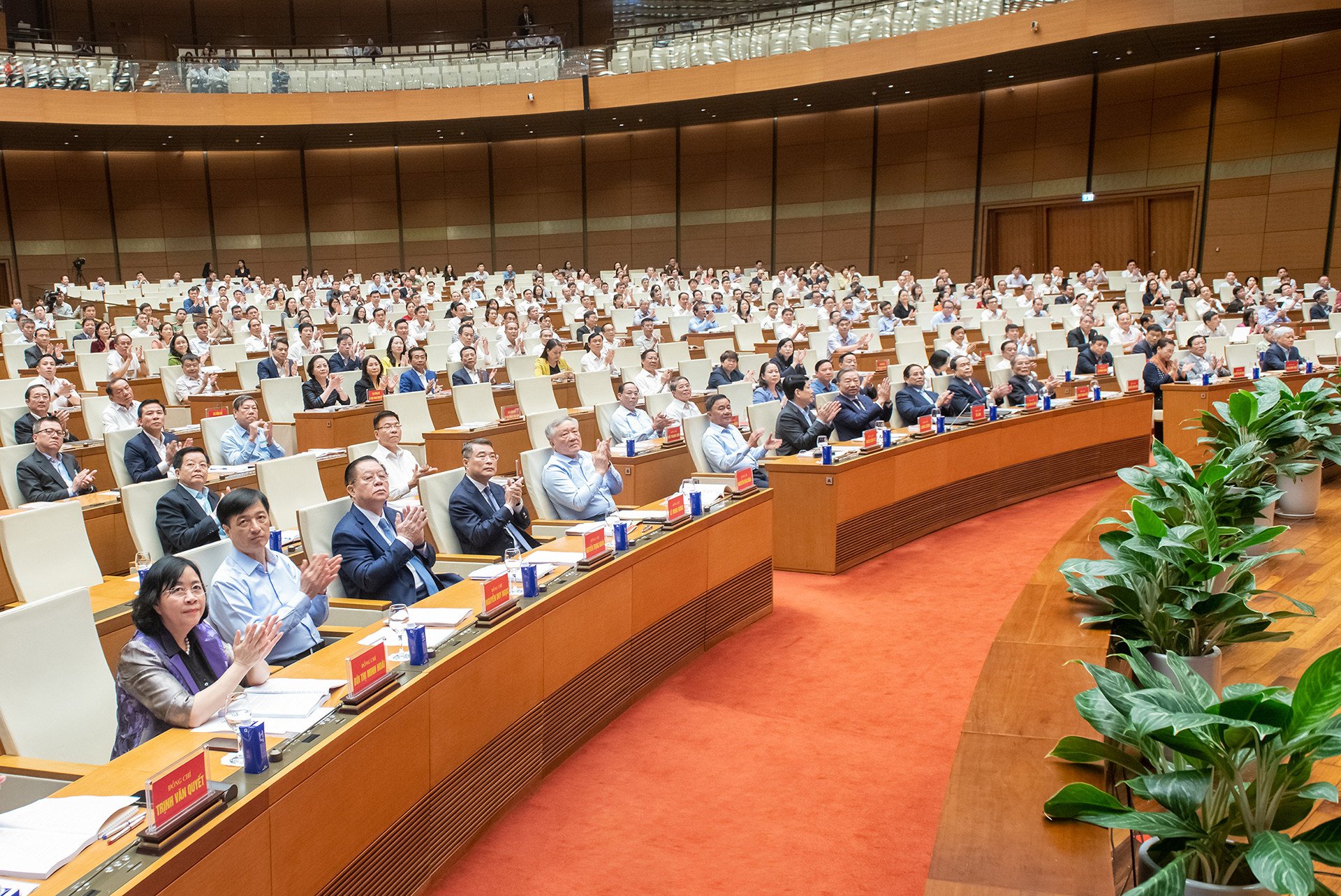

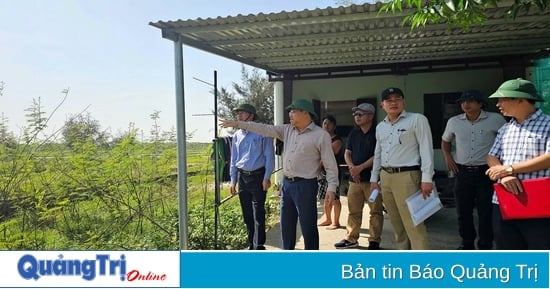

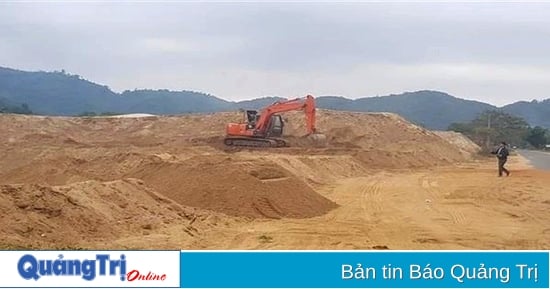
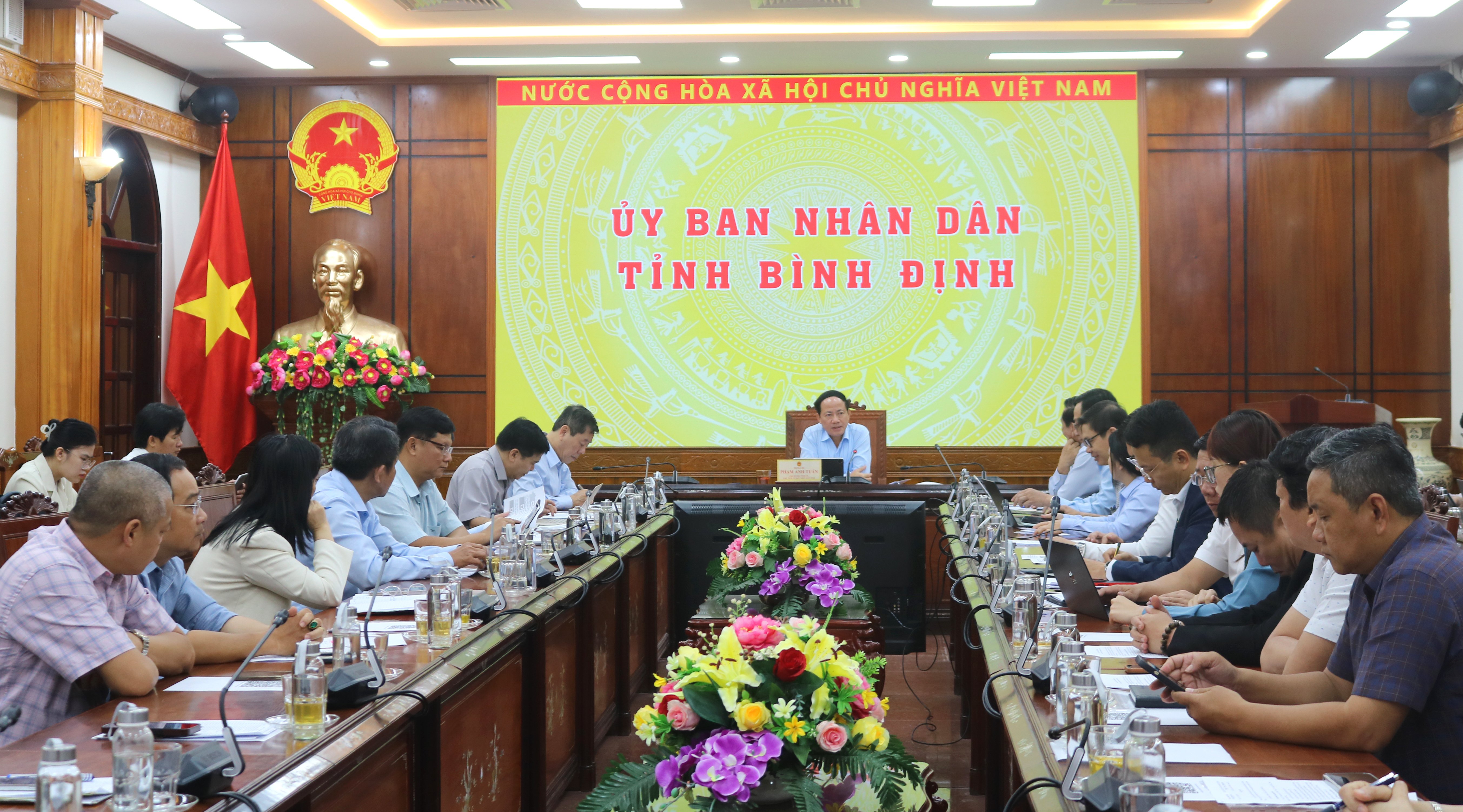





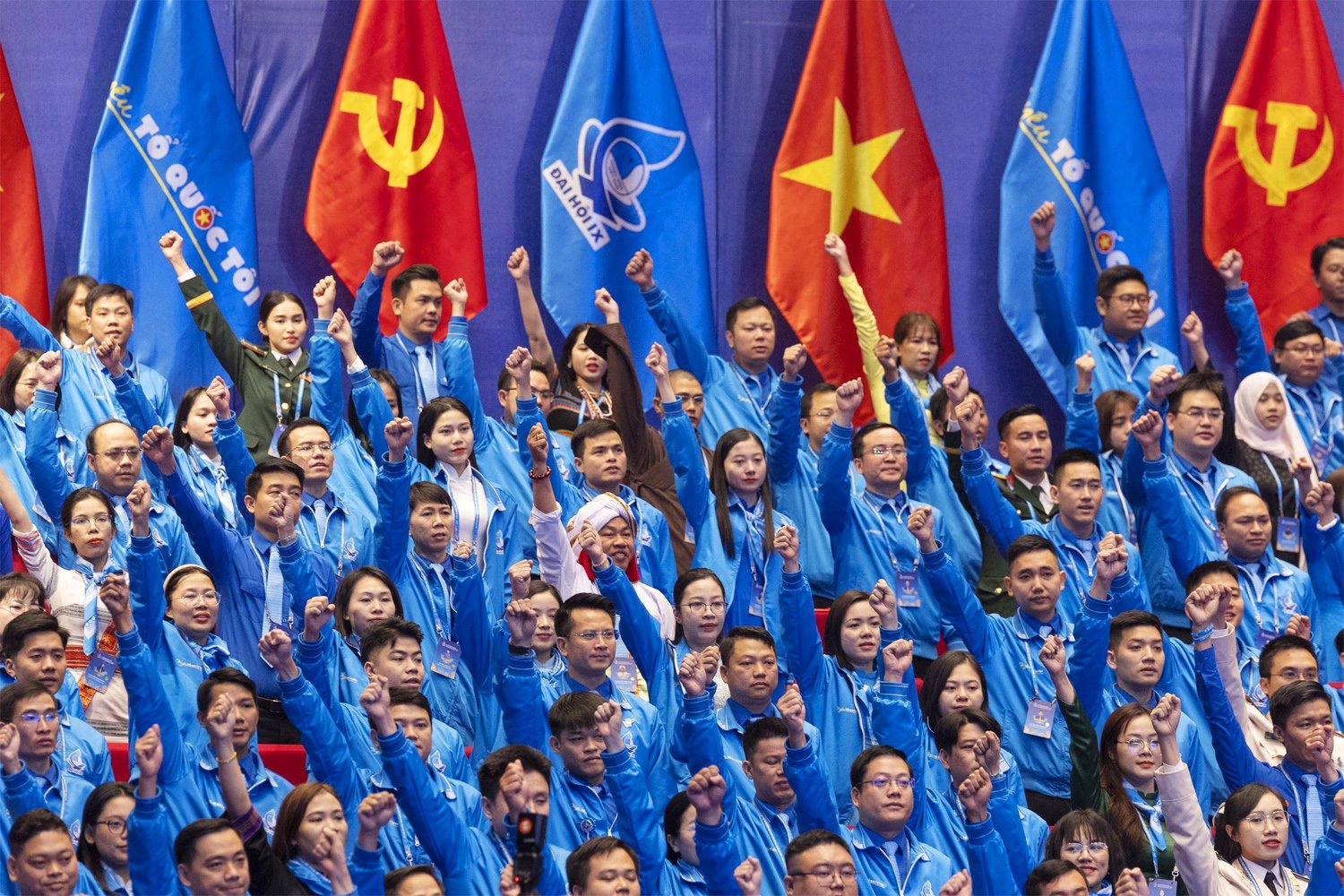




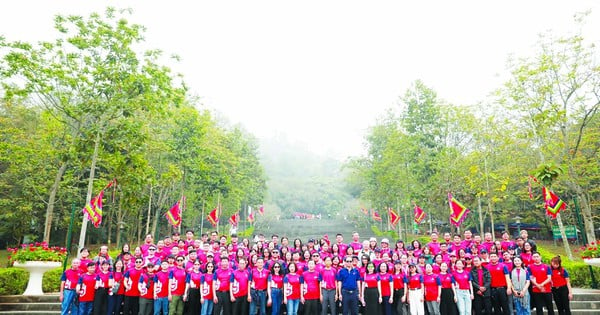




![[Photo] A long line of young people in front of Nhan Dan Newspaper, recalling memories of the day the country was reunified](https://vstatic.vietnam.vn/vietnam/resource/IMAGE/2025/4/28/4709cea2becb4f13aaa0b2abb476bcea)
![[Photo] Signing ceremony of cooperation and document exchange between Vietnam and Japan](https://vstatic.vietnam.vn/vietnam/resource/IMAGE/2025/4/28/e069929395524fa081768b99bac43467)
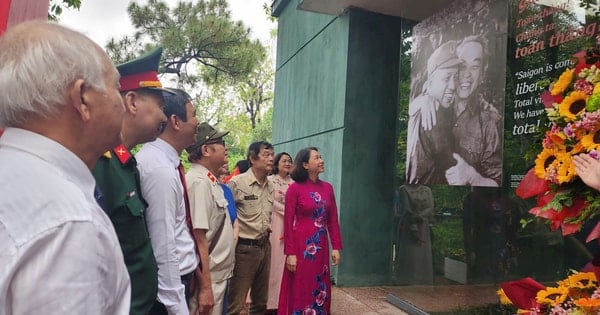






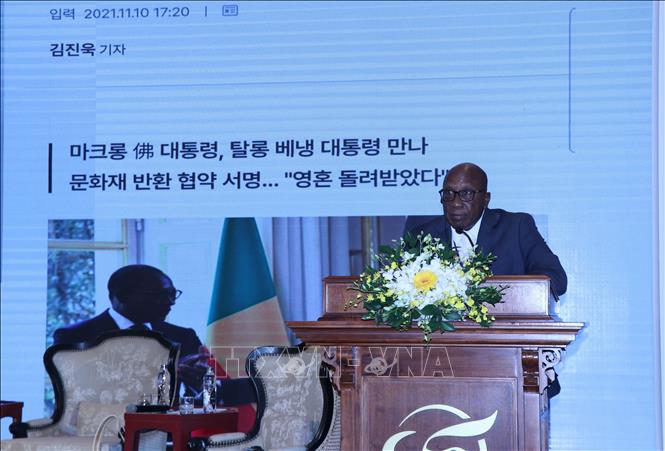

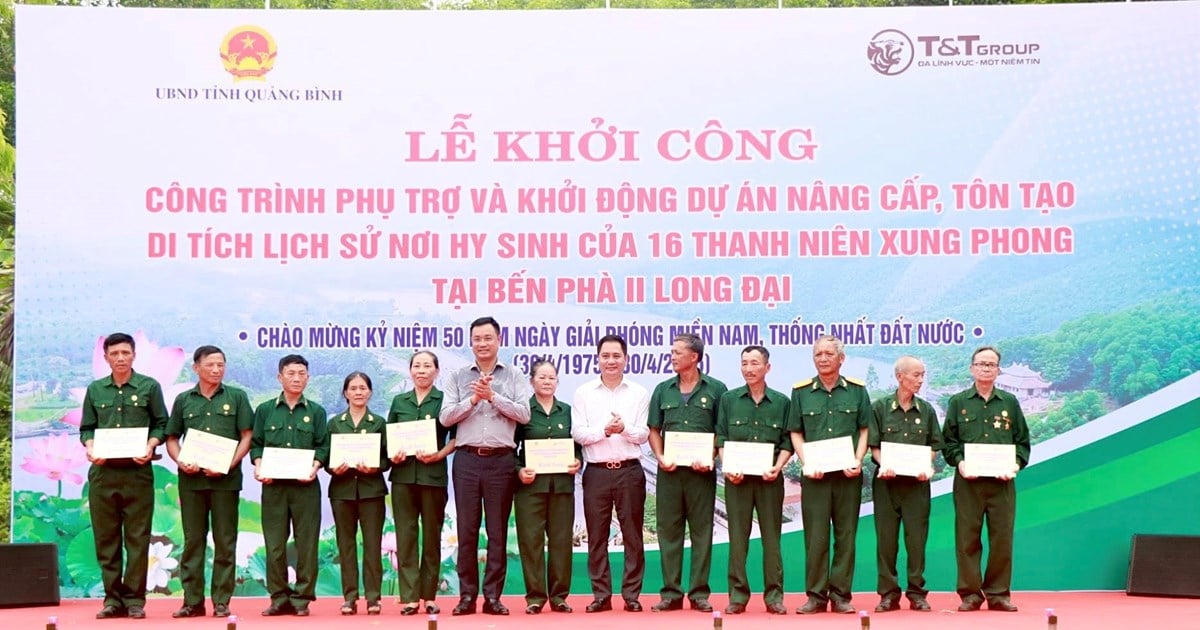




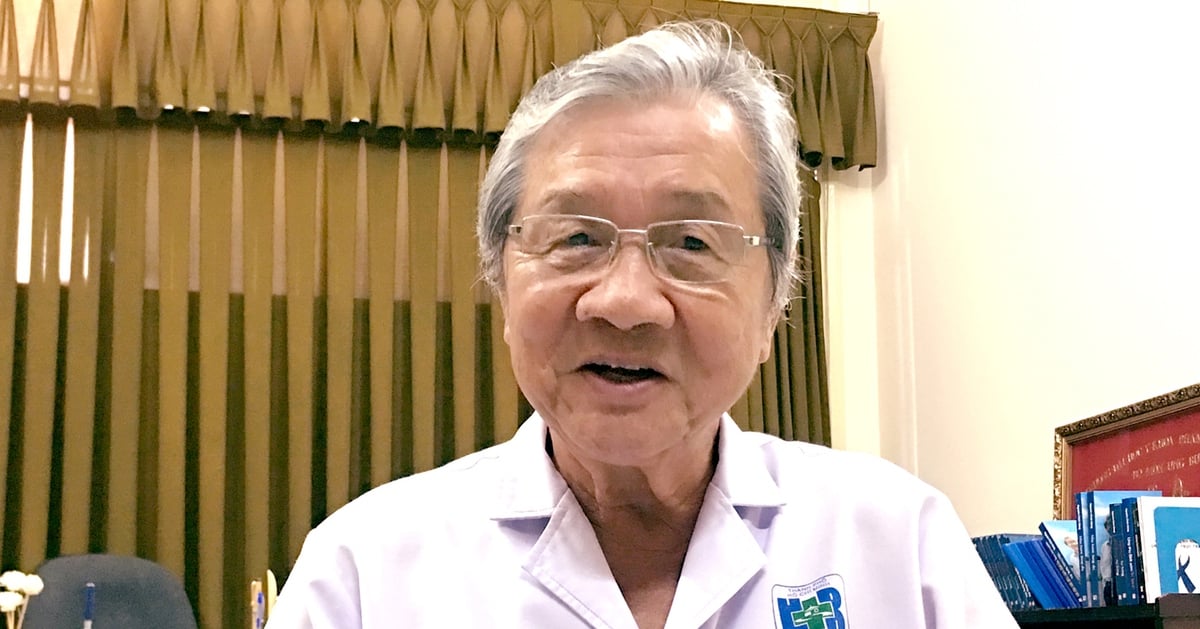








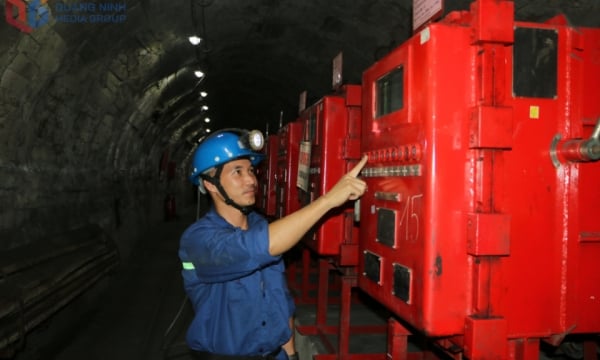




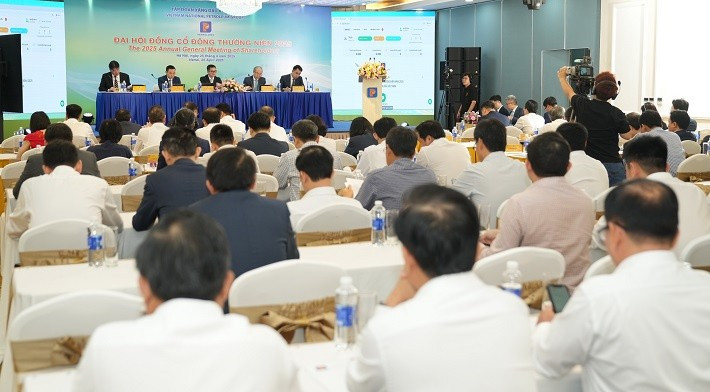



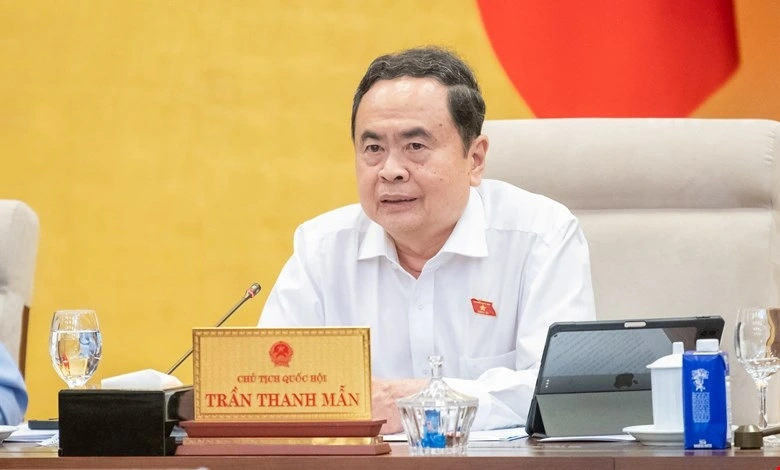

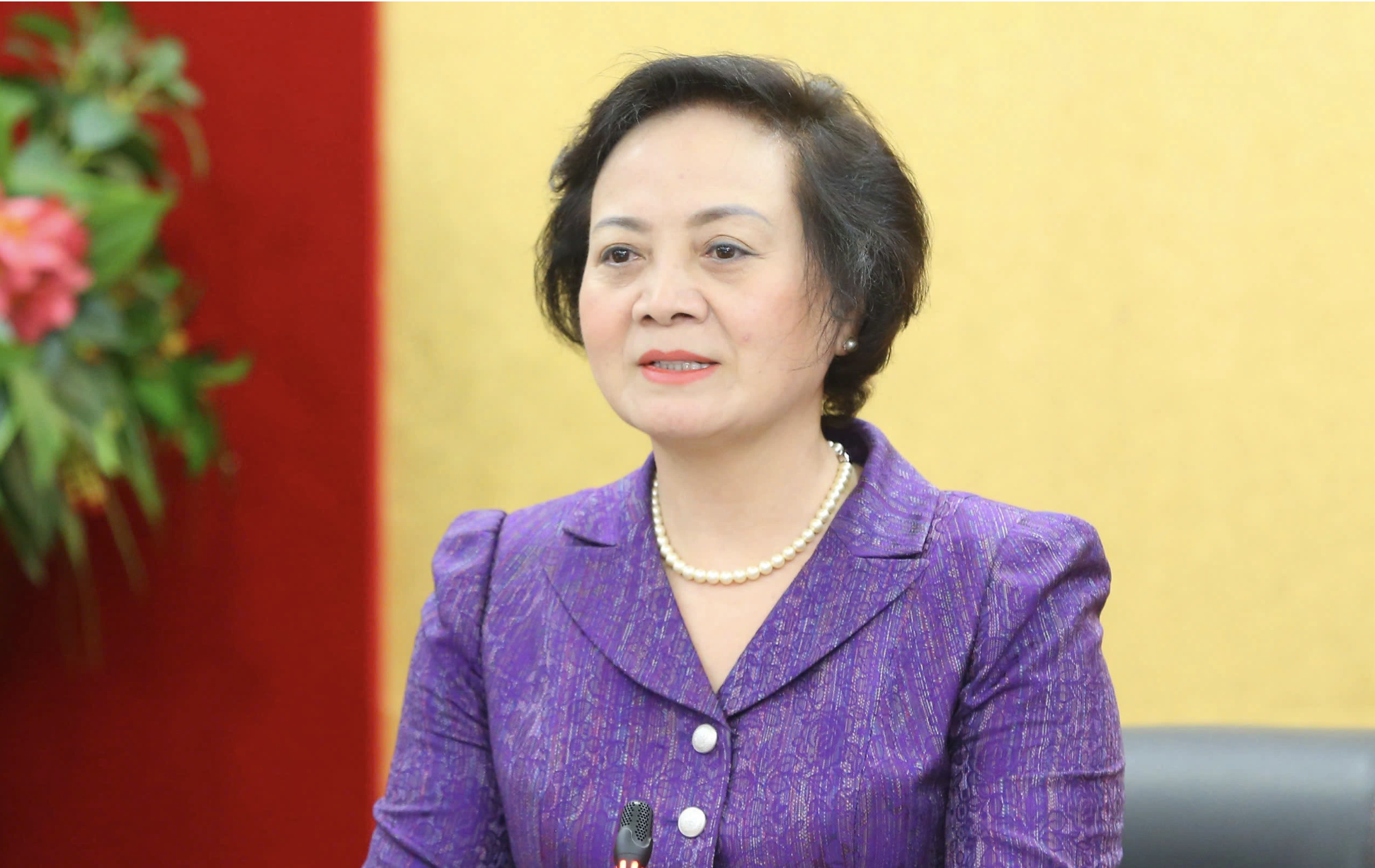


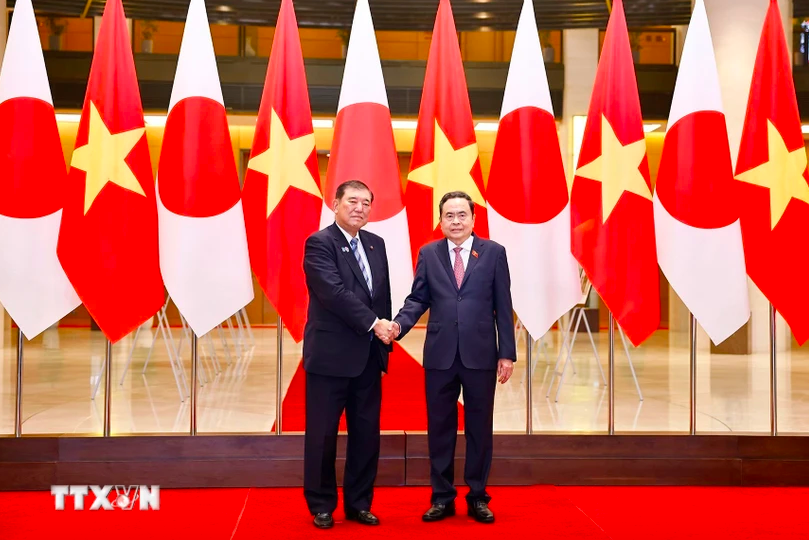



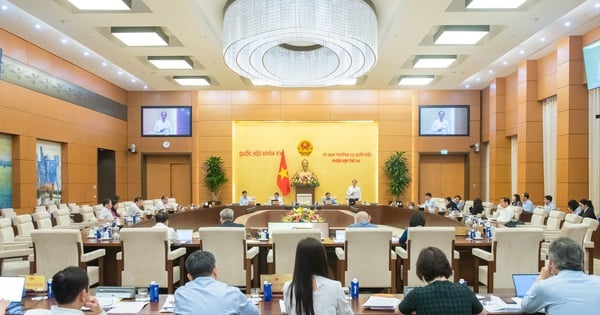



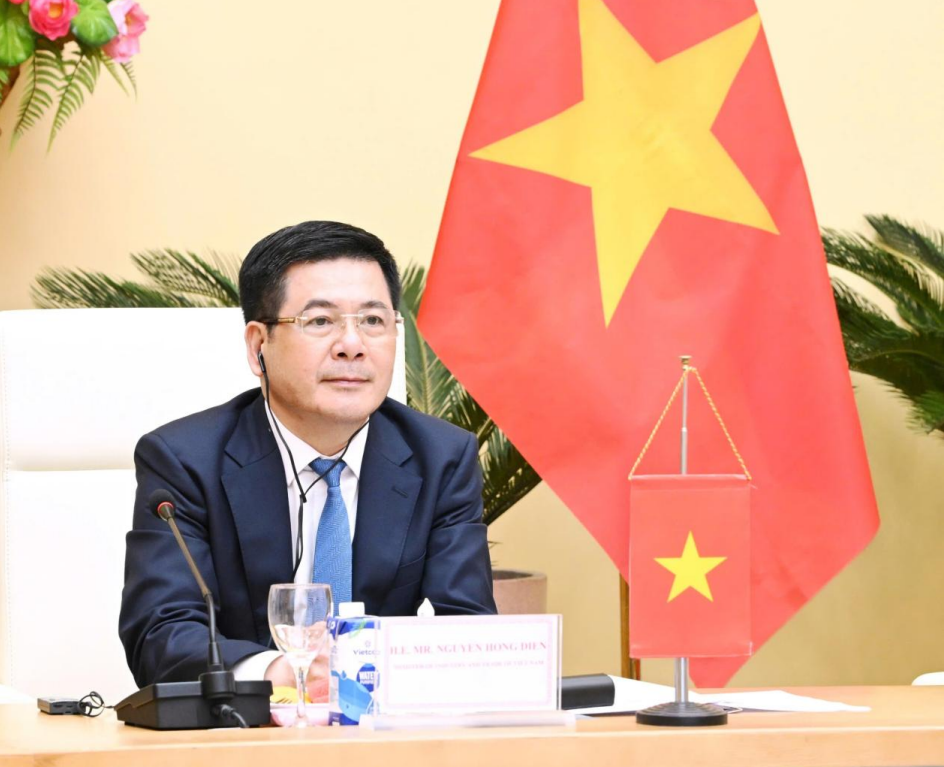


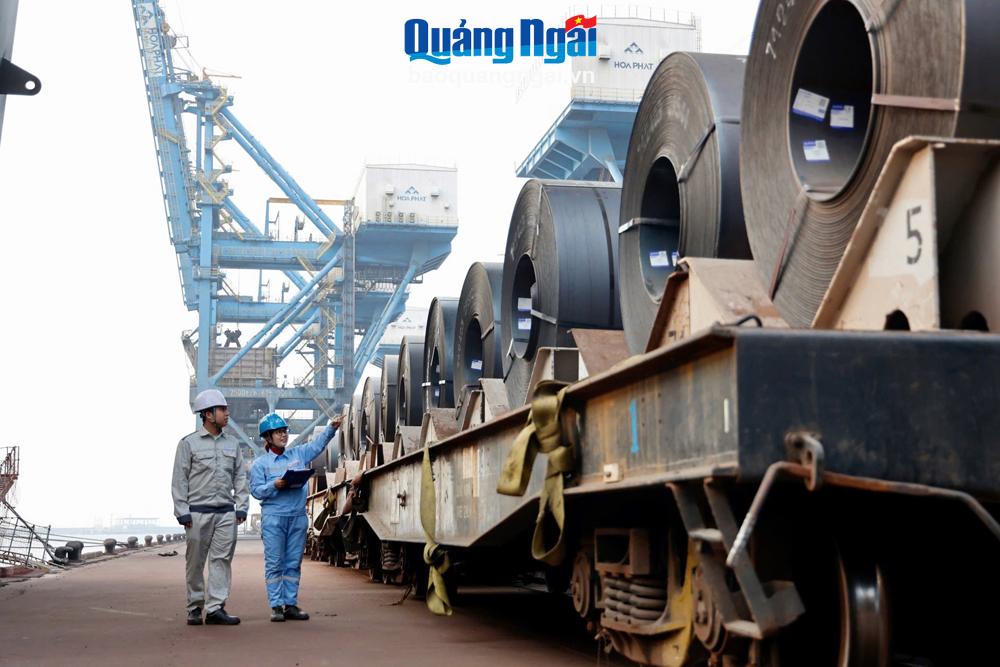




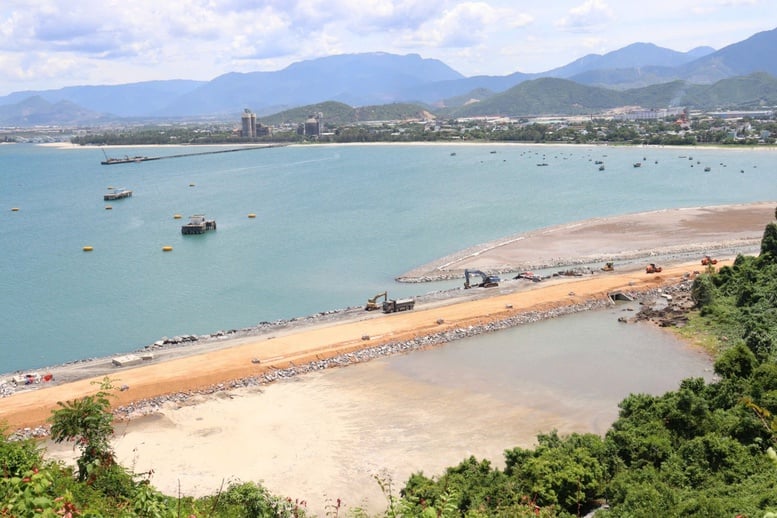

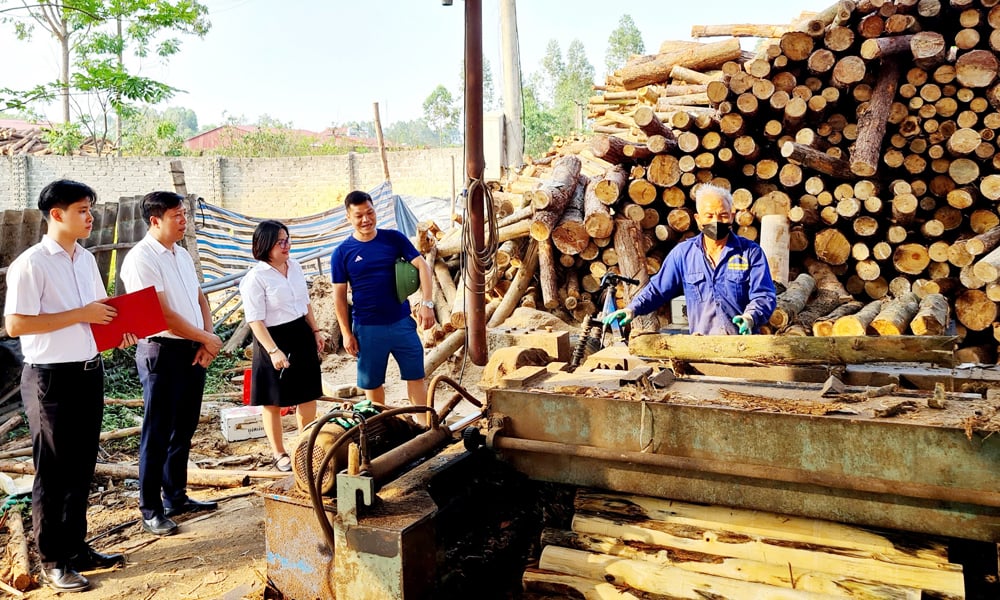

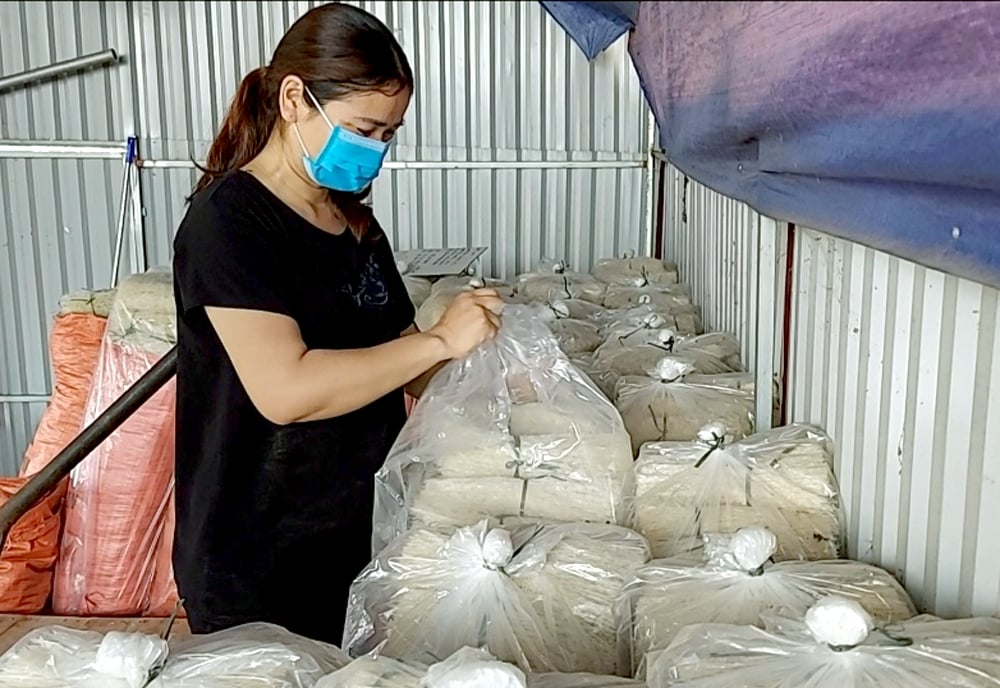










Comment (0)